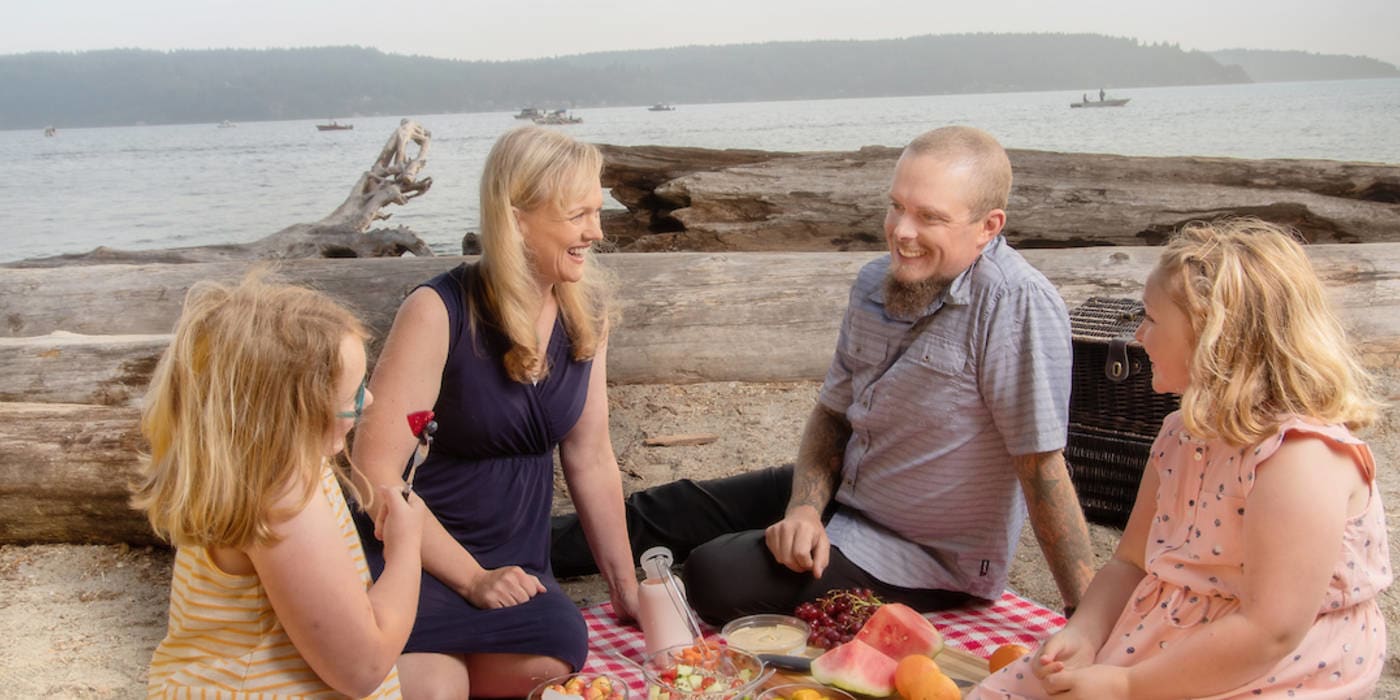Why I’m choosing bariatric surgery: Three years post-surgery

It’s one thing to lose weight. Most of us have succeeded in that — more than once. But keeping it off is where the real challenge lies. And it’s a challenge Jennifer Yahne continues to tackle, three years after gastric sleeve surgery she says changed her life.
“It’s definitely harder to maintain than it is to lose,” she acknowledges.
Watching the numbers on the bathroom scale drop along with her dress size was exhilarating. But the weight loss can’t go on forever.
“Everybody’s journey is a little bit different, but at the end of the day, you lose all this weight, now how do you keep it off, how do you maintain the healthy lifestyle in the longer term?” says Yahne, MultiCare’s administrator for surgical specialties.
When Yahne decided to have bariatric surgery three years ago, she also decided to chronicle her experience in a blog. Going public meant an extra layer of accountability. If she didn’t make the lifestyle changes required for success, everyone would know. She ended her blog two years ago, having lost nearly 100 pounds. A lot has happened since then.
“For one thing, my husband decided to have (bariatric) surgery,” she says.
Inspired by his wife’s success and tired of the toll excess weight was taking on his body, Jeraemy Yahne had bariatric surgery in December. Eight months later, he’s also lost nearly 100 pounds.
Yahne says now they can bike and kayak together with their daughters.
“I wouldn’t say we’re super-active,” she says. “But we’re not limited.”

A trip to Hawaii they have planned will include ziplining, something they couldn’t have done before.
“My husband likes to ride motorcycles,” she says. “We fit on them so much better than we did before. I would get sore within like an hour before. Now it’s not even an issue.”
It’s hard to think of any part of her life that hasn’t been improved by her weight loss.
“It’s easier to do your day-to-day activities, crossing your legs, being able to fit in a seat. Things you don’t think about when you’re smaller but when you’re bigger you think about all the time.”
Yahne says it’s important to remember that the surgery is a tool but she has to continue to do the work needed to maintain a healthy weight.
“You can eat your way around any surgery,” she says.
That’s why she’s thankful for the support and advice offered by the Center for Weight Loss and Wellness to help her identify her triggers and find solutions that keep her from falling back on old habits.
“I’m probably a stress eater and a boredom eater,” she says. “Surgery doesn’t take care of that.”
Besides making healthier food choices, Yahne is committed to making time for exercise. She likes taking classes because it provides accountability — people will miss her if she skips. And group fitness is easier now that she’s lost so much weight.
“Before, I could never do all the exercises everyone else was doing. I always had to have modifications and I always felt very conspicuous,” she says. “Now I appreciate all those people there (in exercise class) struggling with weight because I know how hard it is.”
In addition to her husband, Yahne has helped motivate several friends and her husband’s aunt decided to undergo bariatric surgery. And it’s not just because they saw her lose weight, but because they saw how it improved her life.
“It can be life changing, not just for you but for your family, and it is sustainable if you go into it with the right mindset,” she says. “I definitely get more enjoyment out of life now. I turned 40 and I’m in better shape than ever.”
The MultiCare Center for Weight Loss & Wellness supports you before, during and after the weight loss journey.




